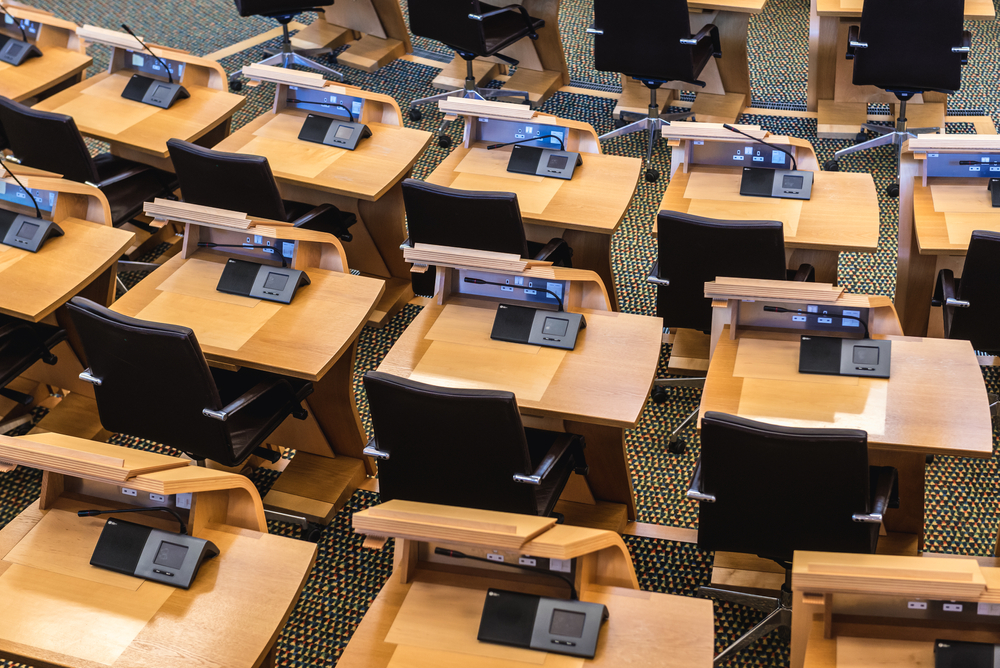
"More to be done" to support dyslexia in education
Scottish Government acknowledges need for greater consistency in dyslexia support in schools
The Scottish Government has acknowledged that “there is more to be done” to support children and young people with dyslexia. During Portfolio Questions in the Scottish Parliament yesterday, Cabinet Secretary for Education and Skills, Jenny Gilruth, addressed key concerns about dyslexia support in schools and announced plans to write to all Directors of Education about “best practice” approaches.
Rona Mackay MSP asked about the Government’s plans to expand dyslexia support and remove barriers preventing children from receiving the help they need. In response, the Cabinet Secretary reaffirmed the Government’s commitment: “We are committed to improving the experiences of children and young people with dyslexia. The Additional Support for Learning Act places duties on education authorities to identify, provide for, and review the additional support needs of their pupils.
“Our national approach focuses on early identification. We are working with Dyslexia Scotland and local government to improve both the frequency and consistency of early identification through the Addressing Dyslexia Toolkit Dyslexia Identification Pathway. The 2025/26 budget also includes an additional £29 million of investment, which I hope will be welcomed by Members.”
Ms Mackay highlighted the findings of a recent Dyslexia Scotland report, conducted in collaboration with the University of Glasgow, which revealed that too many dyslexic children are still slipping through the net. She asked whether the Government would consider the report’s recommendations.
The Cabinet Secretary responded: “The findings in the report are concerning, and we agree that individuals with dyslexia should be supported in both educational and professional settings.
“At the end of last year, I visited Roseburn Primary School, where enhanced support for dyslexic learners – through teachers and pupil support staff – has made a significant difference.
“We are also exploring ways to strengthen professional learning opportunities for education staff, including training on additional support needs and dyslexia.”
Fulton MacGregor MSP asked what specific action the Scottish Government is taking to support school pupils with dyslexia. The Cabinet Secretary emphasised that the Scottish Government is collaborating closely with Dyslexia Scotland and Education Scotland to improve support across local authorities and schools.
Mr MacGregor also invited the Cabinet Secretary to join a roundtable discussion with Dyslexia Scotland, Education Scotland, COSLA, and the Association of Directors of Education in Scotland to establish a framework for enhanced dyslexia support.
In response, the Cabinet Secretary agreed on the need for greater consistency in support for dyslexic pupils: “Following my meeting with Dyslexia Scotland in January, I discussed this issue with COSLA and have agreed to issue a joint letter to all education authorities on best practice for supporting children and young people with dyslexia.
“This will include guidance on adopting the Scottish Working Definition of Dyslexia, using the Dyslexia Identification Pathway, and accessing free professional learning modules to enhance teachers’ knowledge and skills. It will also highlight the Professional Recognition Programme on Dyslexia and Inclusive Practice.”